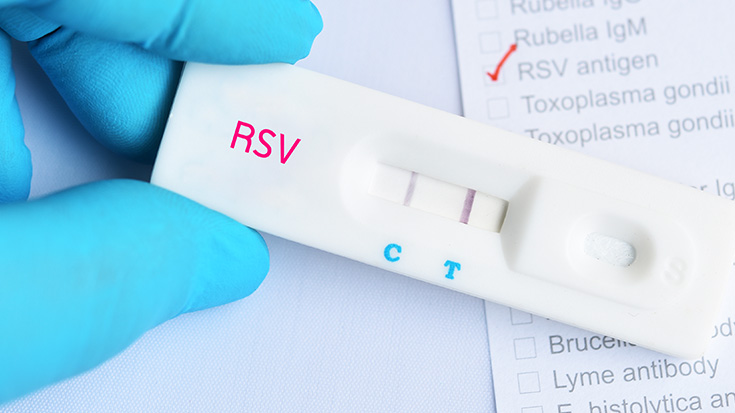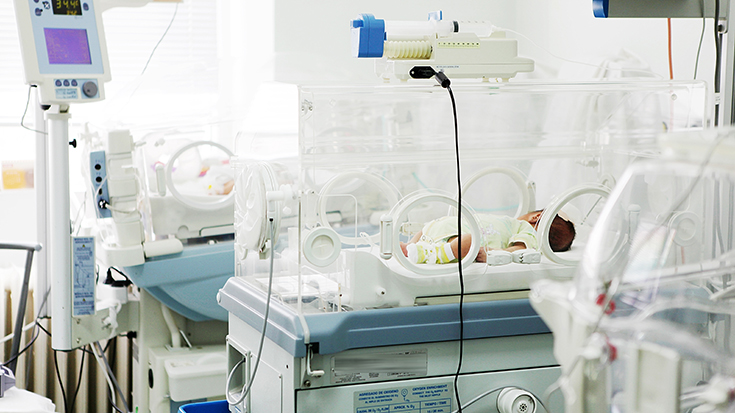
The ICU is a stressful place for families. The sight of so much equipment, alarms going off, and the hustle of clinicians in and out of the space can leave anyone feeling anxious and confused. A growing number of hospitals have started to include family members in the daily ICU rounds that take place on their loved ones. RTs who work in hospitals where family members are welcome to participate believe it’s a great idea.
Indirect impact
At Children’s Hospital of Orange County in California, Mark Rogers, BS, RRT, RRT-NPS, and his colleagues play an active role in rounds for children on their service. They present the patient from the respiratory perspective, and families are always invited to attend.
“I can’t say their involvement directly impacts care,” said Rogers, who serves as a clinical educator at the facility. “For example, they aren’t choosing surgical interventions. But they know what has or hasn’t worked and that tailors care for that child.”
Rogers believes having family members present during rounds makes care more efficient and it certainly acts as a stress reliever for the parents.
“That easily transfers to the child,” Rogers said. “Less stress is certainly associated with improved healing and outcomes.”
Terry Forrette, MHS, RRT, FAARC, an adjunct associate professor at the Louisiana State University Health Science Center, rounds in a level one trauma ICU as part of the trauma-surgical team and he says family members who are in the room at the time are always encouraged to remain while the residents present the patient.
When it’s his turn to talk, he focuses on respiratory issues that could impact care.
“I often ask family members about the patient’s smoking history, any underlying pulmonary disorders such as asthma, and also if the patient is taking any respiratory treatments at home, such as BiPAP or any respiratory related medications,” says Forrette.
Acquiring that information from the people who know the patient best can contribute to the care plan. And Forrette believes including family members and asking them questions helps to break down the fears associated with an ICU stay. It shows them they are an important part of the patient’s care and recovery.
Personal experience
“We have a standardized rounding time and families are encouraged to be present for rounds,” says Teka Siebenaler, MPH, RRT, ECMO/VAD program manager at Norton Children’s Hospital in Louisville, KY. “They often just listen, but many speak up and ask questions.”
She believes including family members in the rounding process can help clinicians understand things about the patient that might otherwise remain unknown to them.
“Often they shed light on medications or can speak to specifics of prior care that are not captured in an EMR note,” she said.
These family members provide essential information about the patient’s normal routines and their proficiency with activities of daily living as well. As sources who know what the patient was capable of prior to the incident that led to the ICU stay, they are also invaluable at helping clinicians establish a baseline of functioning.
“Family members see things that the medical team doesn’t and can share information about the previous shifts if there is not staffing consistency,” Siebenaler said.
The importance of including family members on rounds cemented itself when her sister was hospitalized for life-threatening injuries in a large trauma center.
“They did not allow families to be present for rounds, had limited visiting hours, and did not let family sleep or stay in the room,” Siebenaler said.
She insisted on taking part in rounds anyway. In fact, she identified several errors in the information presented by the residents and errors in the EMR that led to complications.
“After this experience and subsequent experiences, I would never leave a loved one in a hospital without having a someone with them for the majority of the day and present for physician rounds,” she said.
Email newsroom@aarc.org with questions or comments, we’d love to hear from you.
















